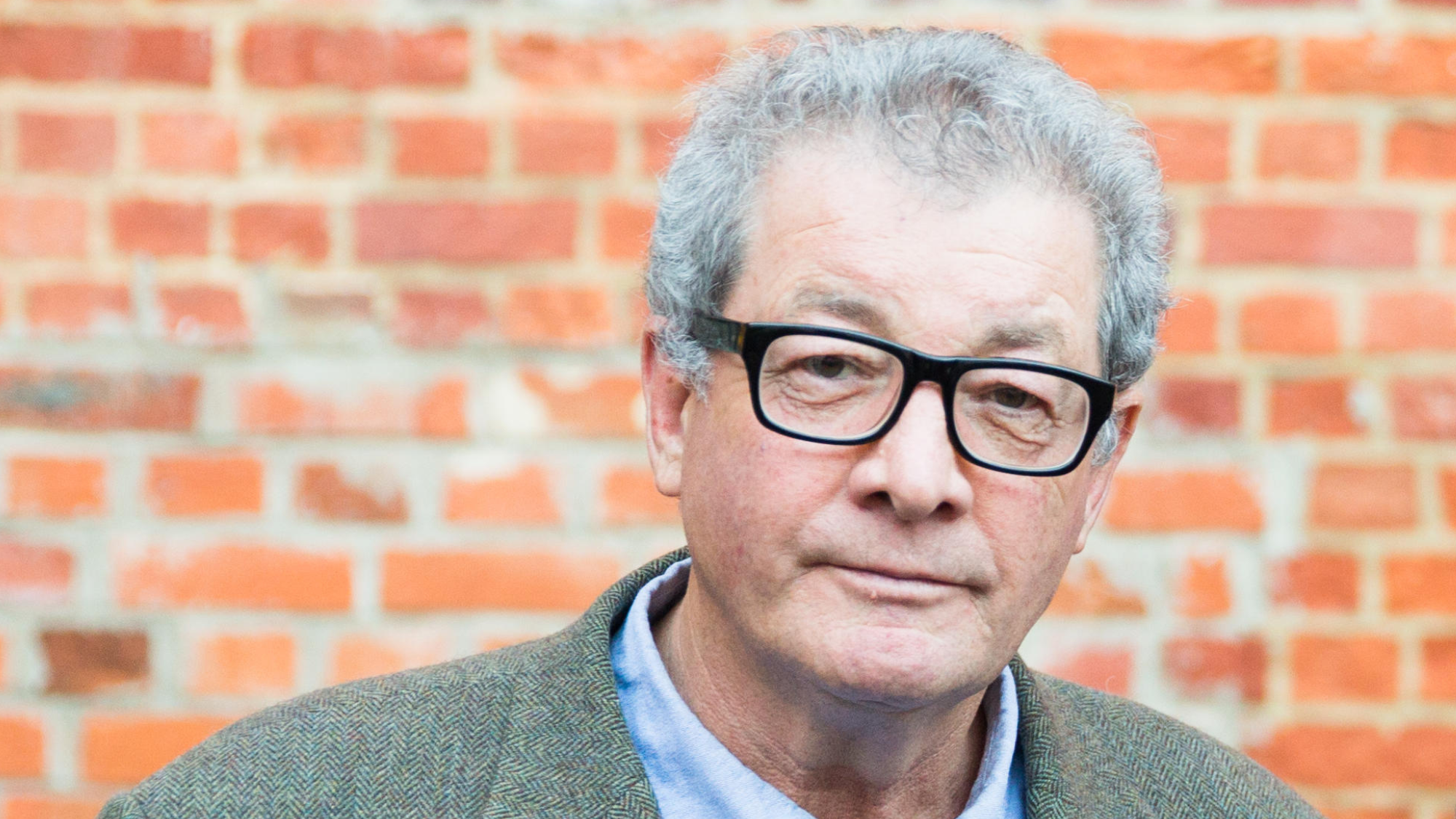Patrick Bishop picks his five favourite books
The acclaimed historian chooses works by Ernest Hemingway, Richard Cobb and more

A free daily email with the biggest news stories of the day – and the best features from TheWeek.com
You are now subscribed
Your newsletter sign-up was successful
The bestselling historian’s latest book, "Paris ’44: The Shame and the Glory", comes out this week. Here he describes his five favourite books about the City of Light.
A Moveable Feast
Ernest Hemingway, 1964
Hemingway loved Paris and was there to witness the liberation. By then his youthful innocence was long gone and the decline into boorishness and self-parody well advanced. He redeemed himself with this memoir of his Parisian salad days, written just before his suicide. It’s touching, beautifully observed and a reminder of his great gifts.
The Week
Escape your echo chamber. Get the facts behind the news, plus analysis from multiple perspectives.

Sign up for The Week's Free Newsletters
From our morning news briefing to a weekly Good News Newsletter, get the best of The Week delivered directly to your inbox.
From our morning news briefing to a weekly Good News Newsletter, get the best of The Week delivered directly to your inbox.
Available on The Week Bookshop
Slightly Out of Focus
Robert Capa, 1947
Also present at the liberation was the legendary war photographer, who described his return to the city where he "learnt to eat, drink and love" in this autobiography. Capa was fun, stylish and greedy for life but had a streak of melancholy. The city was a perfect fit for him and the nearest thing to home.
Paris and Elsewhere
Richard Cobb, 1998
A free daily email with the biggest news stories of the day – and the best features from TheWeek.com
Cobb looked inescapably English but could speak and think like a working-class Parisian titi. This collection of his writings conjures up the spirit of the place, driven by his conviction that the poor are as interesting as the rich and powerful.
The Occupation Trilogy
Patrick Modiano, 1968-1972
This brings together the 2014 Nobel Prize winner’s early novels set in wartime France. Modiano’s dreamy, disturbing prose is a brilliant medium for exploring the moral complexities of living with the enemy. His work is inspired by his own family history and informed by a deep fascination with Paris.
Available on The Week Bookshop
Suite Française
Irène Némirovsky, 2004
A fragment of what would surely have been one of the great literary achievements of the 20th century. Némirovsky was murdered in Auschwitz with only two of the planned five books completed. What remains conveys with enormous power the dread, chaos and betrayals of France in its darkest hours.